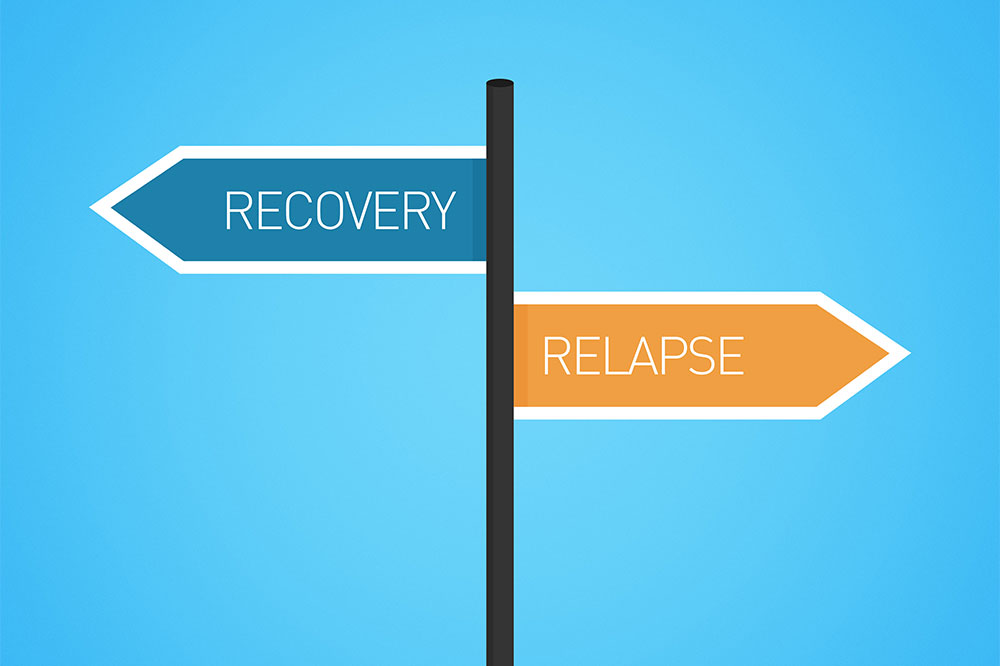Essential Insights into Alcohol Recovery Programs
Discover comprehensive insights into alcohol recovery programs, including their goals, methods, and top treatment centers. Learn how these programs can guide individuals toward lasting sobriety with personalized care, medication, and support services. This article emphasizes the importance of professional supervision and choosing the right rehab center for a successful recovery journey.

Essential Insights into Alcohol Recovery Programs
Alcohol dependence is a profound condition where individuals lose control over their drinking habits, risking both health and legal issues. Alcohol rehab centers offer specialized care and therapeutic interventions to assist those battling addiction. Prolonged alcohol use can lead to declining health, withdrawal symptoms upon cessation, and psychological trauma.
Primary Objectives of Alcohol Rehabilitation
The main aim is to cease alcohol consumption through gradual psychological, emotional, and social adjustments that promote lasting sobriety.
Rehabilitation also focuses on enhancing overall health and highlighting the advantages of being sober to lower future health risks.
Chronic alcohol abuse often results in mental health issues and psychiatric disorders, which may originate from earlier trauma or emotional distress.
The program strives to achieve complete addiction recovery and facilitate social reintegration, including support for education and employment goals.
They also assist in resolving legal challenges that may have arisen due to alcohol issues.
How Alcohol Rehabilitation Programs Operate
The core principle of these programs is continuous supervision until the individual is free from addiction. Since underlying conditions may lead to relapse, the process includes several key phases:
Initial Evaluation
The team conducts assessments such as drug tests and psychological evaluations to develop personalized treatment plans based on the individual's needs.
Psychological Counseling
Therapeutic interventions help individuals understand emotional triggers and develop skills to prevent future relapses.
Detoxification
Starting a few hours after last alcohol intake, medical supervision ensures safe removal of alcohol from the system. Severe cases may require transfer to specialized detox clinics.
Medication Assistance
Medications like Acamprosate and Naltrexone reduce cravings and manage withdrawal symptoms, supporting long-term sobriety.
Education
Providing information on how alcohol affects the nervous system and psychological dependence helps individuals make informed choices to avoid future misuse.
Support Services
The final phase involves ongoing support, creating a network of peer and professional guidance to maintain sobriety and promote social and professional stability.
Several reputable rehab centers operate these comprehensive programs, such as:
Indiana Center of Recovery
Based in Bloomington, IN, their approach encompasses physical, mental, emotional, social, and spiritual well-being, supported by a team of healthcare professionals.
Recovery Team
Located in North Palm Beach, FL, established in 1980, offering therapies including Biofeedback, EDMR, trauma-focused therapy, and counseling services.
Decision Point
Situated in Prescott, AZ, specializing in treating various substance addictions with behavioral and family therapies.
Center City Recovery
Based in Philadelphia, this outpatient program emphasizes relapse prevention, education, acupuncture, and community responsibility.
Visit their official websites to learn more and select the most suitable treatment center tailored to individual needs.










